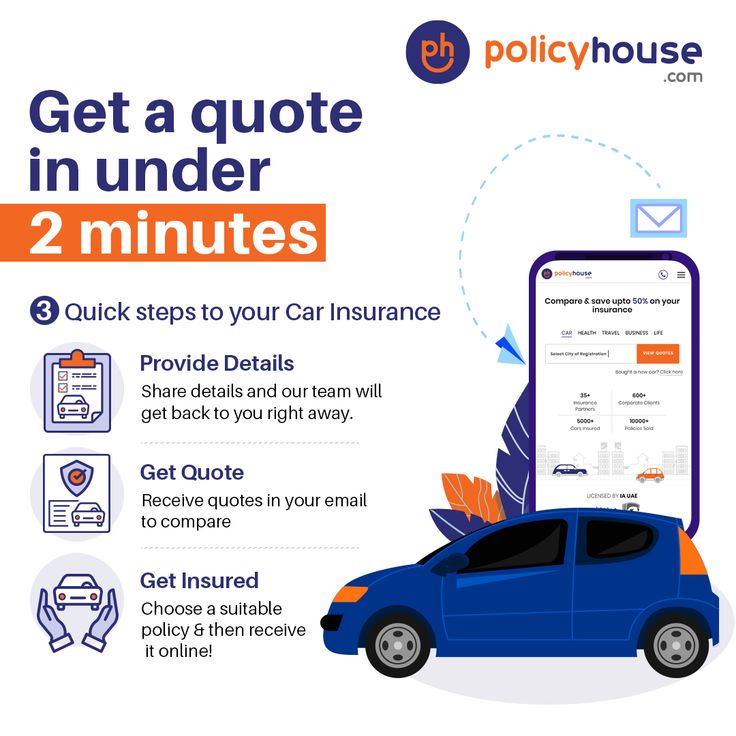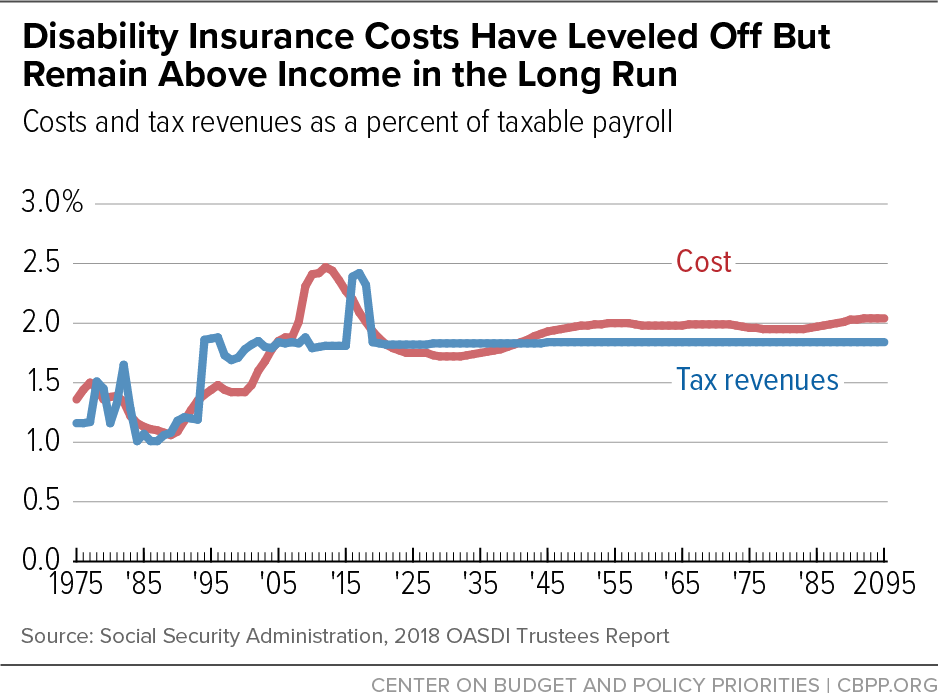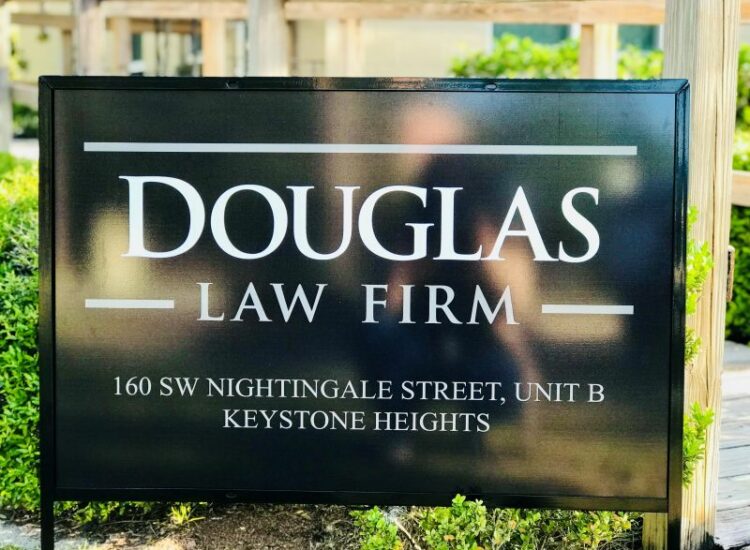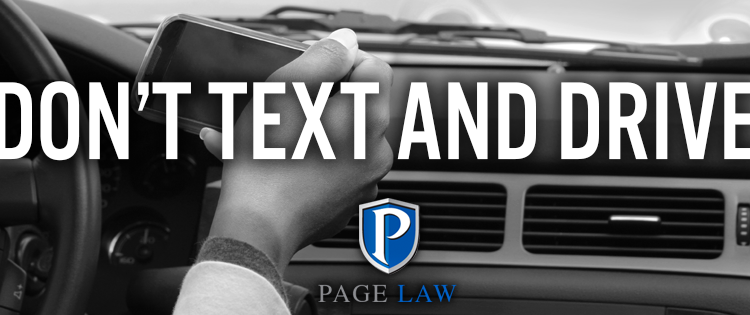Running an online business exposes you to significant risks, from data breaches costing thousands of dollars to product liability lawsuits. Securing the best insurance for online business is crucial for mitigating these financial threats. This article examines essential policies, explores common pitfalls, and guides you toward choosing the right coverage.
Toc
- 1. Understanding the Risks of Running an Online Business in the USA
- 2. Essential Insurance Policies for E-commerce Businesses
- 3. Related articles 01:
- 3.1. Cyber Liability Insurance: Protecting Your Digital Assets
- 3.2. Product Liability Insurance: Safeguarding Against Defective Products
- 3.3. General Liability Insurance: Protecting Your Business Operations
- 3.4. Commercial Property Insurance: Safeguarding Your Assets
- 3.5. Business Interruption Insurance: Ensuring Financial Stability
- 3.6. E-commerce Car Insurance: Protecting Your Delivery Operations
- 4. Finding the Right E-commerce Insurance Provider in the USA
- 5. Understanding the Cost of E-commerce Insurance
- 6. Best Practices for Risk Mitigation
- 7. Conclusion
- 8. Related articles 02:
Understanding the Risks of Running an Online Business in the USA

Operating an online business in the USA presents unique challenges that necessitate specialized insurance coverage. Unlike traditional businesses, e-commerce ventures are susceptible to a range of risks, including cyber threats, product liability, intellectual property theft, shipping complications, and reputational damage. Understanding these risks is the first step in determining the best insurance for your online business.
Cyberattacks and Data Breaches
Cyberattacks are a leading concern for e-commerce businesses. Recent statistics reveal that nearly 43% of cyberattacks target small businesses, with the average cost of a data breach exceeding $200,000. Common threats include ransomware, phishing scams, and malware attacks, which can compromise sensitive customer data and lead to substantial financial losses. Specific types of ransomware, such as Ryuk and Conti, frequently target small businesses, often through phishing emails or by exploiting software vulnerabilities. In fact, the average downtime following a ransomware attack can reach up to 21 days, leading to additional lost revenue. A data breach can trigger a cascade of devastating consequences: hefty legal fees, the costly process of notifying potentially thousands of affected customers, and potentially crippling fines from regulatory bodies like the FTC.
Product Liability
For online businesses that sell physical goods, product liability poses a significant risk. If a customer suffers an injury or property damage due to a defective product, the business could face costly lawsuits. This is particularly relevant for businesses in the online clothing sector, where allergic reactions to materials or sizing issues can lead to claims. The Consumer Product Safety Commission (CPSC) plays a critical role in overseeing product safety and recalls. For instance, in 2021, several online retailers had to recall children’s clothing due to choking hazards, highlighting the severe implications of product liability. A comprehensive product liability insurance policy can protect against these risks, covering legal fees and damages.
Intellectual Property Theft
E-commerce businesses are also vulnerable to intellectual property theft, including trademark infringement and copyright violations. Competitors may illegally use your branding or products, which can lead to costly legal battles. Protecting your intellectual property through appropriate insurance and legal measures is essential to safeguard your business’s reputation and financial stability.
Shipping and Logistics
The logistics involved in shipping goods present their own set of risks. Damaged products during transit, delivery delays, and payment processing fraud can disrupt operations and lead to financial losses. For example, if a shipment is lost or damaged, the business may be liable for refunds or replacements, further straining resources. Insurance coverage for shipping risks is crucial to mitigate these potential losses.
Reputational Damage
Incidents such as data breaches or product recalls can severely impact a business’s reputation. A tarnished reputation can lead to lost sales and diminished customer trust, which are difficult to recover from. Having the right insurance can help manage the financial repercussions of reputational damage and facilitate recovery efforts.
Essential Insurance Policies for E-commerce Businesses

To effectively protect against the various risks associated with running an online business, it is vital to consider several key insurance policies. Each type of insurance addresses specific vulnerabilities, ensuring comprehensive coverage.
1. https://dungcutapyoga.vn/mmoga-the-best-life-insurance-for-young-adults-a-comprehensive-guide
3. https://dungcutapyoga.vn/mmoga-finding-the-best-family-life-insurance-a-comprehensive-guide
4. https://dungcutapyoga.vn/mmoga-best-malpractice-insurance-for-nurses-a-comprehensive-overview
Cyber Liability Insurance: Protecting Your Digital Assets
Cyber liability insurance is essential for any online business. This coverage protects against the financial consequences of cyber incidents, including data breaches, ransomware attacks, and other cyber threats. For instance, if a hacker gains access to customer information, this insurance can cover costs associated with notifying affected individuals, legal fees, and recovery efforts. Reputable providers like Hiscox and NEXT Insurance offer tailored cyber liability policies specifically designed for e-commerce businesses. While premiums may appear high, the potential financial losses from a cyberattack can far exceed the cost of insurance. In fact, businesses without adequate cyber liability insurance can face bankruptcy in the event of a major data breach.
Product Liability Insurance: Safeguarding Against Defective Products
For e-commerce businesses that sell physical products, product liability insurance is indispensable. This policy protects against claims related to injuries or damages caused by products sold online. For example, if a customer suffers an injury due to a defective item, this insurance can cover legal fees, medical expenses, and settlements. Particularly for businesses in the online clothing sector, where issues such as allergic reactions to materials may arise, product liability insurance provides peace of mind. It is crucial to evaluate the risks associated with the products sold and ensure adequate coverage to protect against potential claims.
General Liability Insurance: Protecting Your Business Operations
General liability insurance is another essential policy for online businesses. It offers protection against claims of bodily injury or property damage resulting from business operations. For example, if a customer visits a warehouse and slips, resulting in an injury, this insurance can cover associated costs. Despite operating online, having general liability insurance is prudent, as it can protect against various unforeseen incidents, ensuring comprehensive coverage. This type of insurance is particularly important for businesses that have physical locations or engage in activities that could lead to third-party claims.
Commercial Property Insurance: Safeguarding Your Assets
Even online businesses that operate from home can benefit from commercial property insurance. This coverage protects physical assets, such as inventory and equipment, against risks like fire, theft, or natural disasters. For e-commerce entrepreneurs storing inventory at home or in a rented space, this insurance is vital for safeguarding investments. Moreover, understanding the terms of commercial property insurance can help business owners prepare for potential disruptions due to covered incidents. For instance, if a fire damages inventory, this insurance can help recover losses and facilitate business continuity.
Business Interruption Insurance: Ensuring Financial Stability
Business interruption insurance is designed to cover lost income due to unforeseen events that disrupt operations. For online businesses, this could include incidents like a cyberattack that takes a website offline or damage to a warehouse from a fire. This insurance is particularly beneficial for e-commerce ventures, as it ensures that income continues even when business operations are halted, allowing for financial stability during challenging times.
E-commerce Car Insurance: Protecting Your Delivery Operations
If your online business involves transportation, whether delivering goods or managing a fleet of vehicles, e-commerce car insurance is essential. This coverage protects against accidents, theft, and damage to vehicles used for business purposes. For businesses relying on delivery services, e-commerce car insurance can help mitigate risks associated with transport operations, ensuring that vehicles are protected while on the road.
Finding the Right E-commerce Insurance Provider in the USA

Choosing the right insurance provider is crucial for securing the best insurance for your online business. When comparing providers, consider factors such as coverage options, pricing, customer service, and the ease of obtaining quotes.
Comparing Providers
Several reputable companies, including Hiscox , NEXT Insurance , The Hartford , and Liberty Mutual, offer tailored policies for online businesses. It’s essential to assess the coverage options available from each provider to ensure they meet your specific needs.
When comparing providers, consider the following factors:
- Coverage Options: Ensure the provider offers the specific types of insurance you need, such as cyber liability, product liability, and general liability insurance.
- Pricing: Obtain quotes from multiple providers to compare premiums and understand the overall cost of coverage.
- Customer Service: Research customer reviews and testimonials to gauge the level of service provided by each company.
- Ease of Obtaining Quotes: Look for providers that offer straightforward online applications and prompt responses.
Getting Quotes
Obtaining a business insurance quote online has never been easier. Most insurance providers offer simple online applications where business owners can input relevant information to receive tailored quotes. To ensure you get the best deal, follow these steps:
- Gather Business Information: Have essential details ready, such as revenue, number of employees, and types of products sold.
- Complete Online Applications: Fill out applications on multiple insurance platforms to receive various quotes for comparison.
- Review and Compare: Analyze the coverage options and costs presented in the quotes, ensuring you understand the details before making a decision.
Reading Reviews
Before selecting an insurance provider, it is crucial to check online reviews and testimonials. Researching the experiences of other business owners can provide valuable insights into the reliability and customer service of potential insurance providers. Utilize resources like consumer review sites and forums to gather feedback on companies you are considering.
Understanding the Cost of E-commerce Insurance
The cost of e-commerce insurance can vary widely based on several factors, including the type of business, annual revenue, number of employees, and location. Additionally, the specific coverages selected will significantly influence the overall cost.
Factors Affecting Cost
When determining the cost of online business insurance, consider the following factors:
- Annual Revenue: Higher revenue may result in increased premiums, as the potential risk to the insurer is greater.
- Number of Employees: More employees can lead to higher liability risks, impacting insurance costs.
- Location: The geographic area of your business can influence premiums based on regional risks and regulations.
- Type of Business: Certain industries, such as online clothing businesses, may face unique risks that affect insurance pricing.
- Selected Coverages: The more comprehensive the coverage, the higher the premium. It’s essential to balance the need for coverage with budget constraints.
Average Cost Estimates
General liability insurance typically costs around $42 per month, while product liability and cyber liability insurance may vary based on risk levels associated with specific products or business practices. On average, e-commerce insurance in the USA can start as low as $500 annually for basic coverage, with costs increasing based on individual business needs.
For example, a small online clothing business may expect to pay between $600 and $1,200 annually for comprehensive coverage, including product liability and general liability insurance. Conversely, larger e-commerce businesses with higher revenue may face premiums exceeding $2,000 per year.
Tips for Reducing Costs
- Increase Deductibles: Opting for a higher deductible can lower your premium costs but requires careful consideration of your financial situation.
- Bundle Policies: Many providers offer discounts for bundling multiple policies, such as combining general liability and commercial property insurance.
- Implement Risk Management Strategies: Proactively managing risks through cybersecurity measures and employee training can lead to lower premiums in the long run.
Best Practices for Risk Mitigation

Beyond securing the right insurance, implementing effective risk management practices can help minimize the likelihood of incidents that could lead to insurance claims.
Actionable Strategies
- Enhance Cybersecurity: Invest in strong cybersecurity measures, such as secure payment processing and regular software updates, to protect against cyber threats. Consider hiring cybersecurity professionals to assess vulnerabilities and recommend improvements.
- Conduct Thorough Product Testing: Ensure that all products meet safety standards and conduct regular quality checks to reduce the risk of liability claims. This is particularly important for businesses selling consumables or apparel, where safety is paramount.
- Provide Excellent Customer Service: Addressing customer concerns promptly can help mitigate reputational damage and prevent disputes that may escalate to claims. Implementing a robust customer feedback system can assist in identifying and resolving issues before they escalate.
- Educate Employees: Regular training sessions on risk management, customer service, and cybersecurity practices can empower employees to recognize and respond to potential threats effectively.
- Create an Emergency Plan: Developing a comprehensive emergency response plan can help your business respond swiftly to incidents such as data breaches or natural disasters, minimizing disruption and potential losses.
Conclusion
Securing the best insurance for your online business is a crucial investment that protects your hard work and financial stability. By understanding the various types of coverage available—from cyber liability insurance to product liability and general liability—and by carefully choosing a reputable provider like Hiscox or NEXT Insurance, you can safeguard your business against the unique risks of the digital marketplace.
Don’t wait until it’s too late; start comparing quotes for online business insurance today and secure the peace of mind you deserve. Remember to consider your specific needs, such as e-commerce car insurance if you have delivery services or specialized insurance for an online clothing business. Utilize online resources to find the best business insurance quote online and protect your investment. The cost of e-commerce insurance in the USA varies, but the potential savings from avoiding a major incident far outweigh the premiums.










